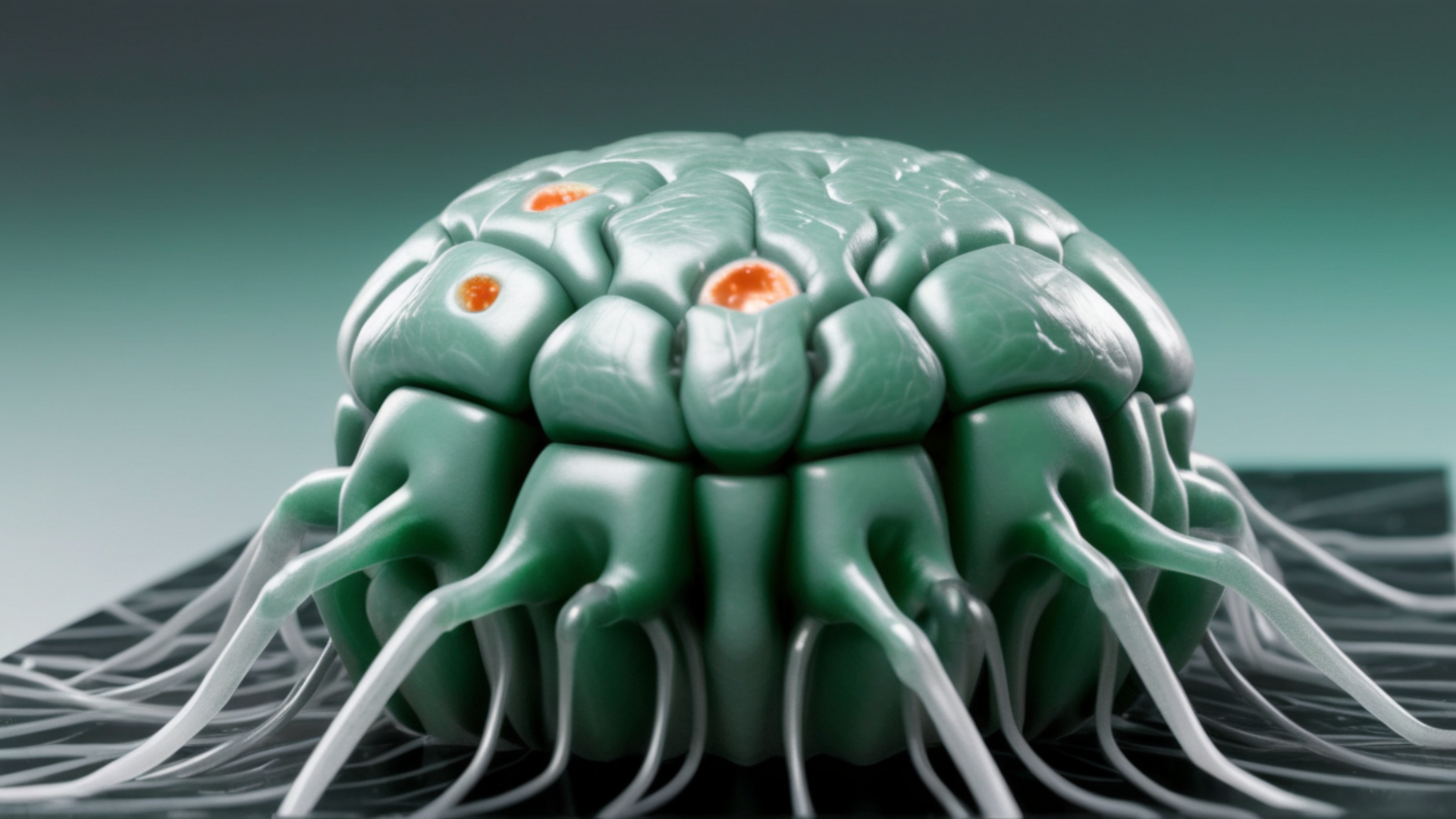Find your calm: Master emotions with mindful moments, fresh perspectives, and simple strategies—breathe deep, move freely, and connect honestly to navigate feelings with clarity and resilience.

Managing our emotions can be a daunting task, but there are many effective strategies we can use to achieve emotional balance. One of the most powerful techniques is mindfulness, which involves paying close attention to our thoughts and feelings without judgment. By being mindful, we learn to live in the moment and avoid negative thought patterns that can escalate emotional distress.
Another important approach is cognitive reappraisal, where we reinterpret our thoughts and emotions to change how we react to them. This strategy helps us see situations from different perspectives, allowing us to respond more constructively. Accepting our emotions is also crucial; recognizing that all emotions are valid helps us practice self-compassion and reduce stress.
Physical activity is another great way to manage emotions. Simple actions like getting up and moving can release hormones that make us feel better. For example, activities like jumping or stretching can help reduce tension and improve mood. Deep breathing exercises are equally effective; deep diaphragmatic breaths can calm the body and mind by flooding them with oxygen.
Talking to someone about our feelings can be incredibly therapeutic. Expressing emotions to a trusted friend or family member allows us to process and understand them better, which can help resolve underlying issues.
In addition to these methods, practices like journaling or sensory grounding can provide additional benefits. Writing down our emotions helps process them, while sensory grounding techniques, such as focusing on our surroundings, can help us feel more grounded and centered.
By combining these strategies, we can develop stronger emotional regulation skills and lead more fulfilling lives. Embracing and managing emotions in a healthy way allows us to align our reactions with our values, leading to greater emotional agility and resilience.
Overall, managing emotions effectively is about finding the right balance between acceptance, awareness, and constructive action. With practice and patience, we can become more adept at navigating our emotional landscapes and improving our well-being.
- Practice mindfulness to live in the moment and avoid negative thought patterns
- Use cognitive reappraisal to change how we react to emotions by seeing situations from different perspectives
- Engage in physical activity or deep breathing exercises for hormone release and stress reduction
KEYWORDS
stress, mindful, health, calm, breathMOST READ
MORE TO READ

Mindfulness Practices Reduce Stress in Modern Life
Mindfulness practices help reduce stress and improve well-being by focusing on the present moment. They enhance emotional regulation and can be as effective as medication for anxiety.

Fruit Fly Brain Shows Unexpected Adaptability
The tiny fruit fly’s brain, with 140,000 neurons, reveals how focus and adaptability thrive under chaos—lessons to rethink wellbeing by filtering what truly matters in life’s noisy moments.

Spider Brains Reveal Human Waste System Insights
Scientists studying spider brains have uncovered a hidden brain waste removal system, which holds clues to Alzheimer’s disease. Nature-inspired research shows our brains have ancient cleaning mechanisms.

Human vs. chimp nerve cell study uncovers rapid evolutionary brain changes
Recent research reveals how rapidly evolving genetic switches called HARs uniquely shaped human brains, fueling our creativity and cognition—while inspiring us to mindfully nurture this evolutionary gift for growth.


